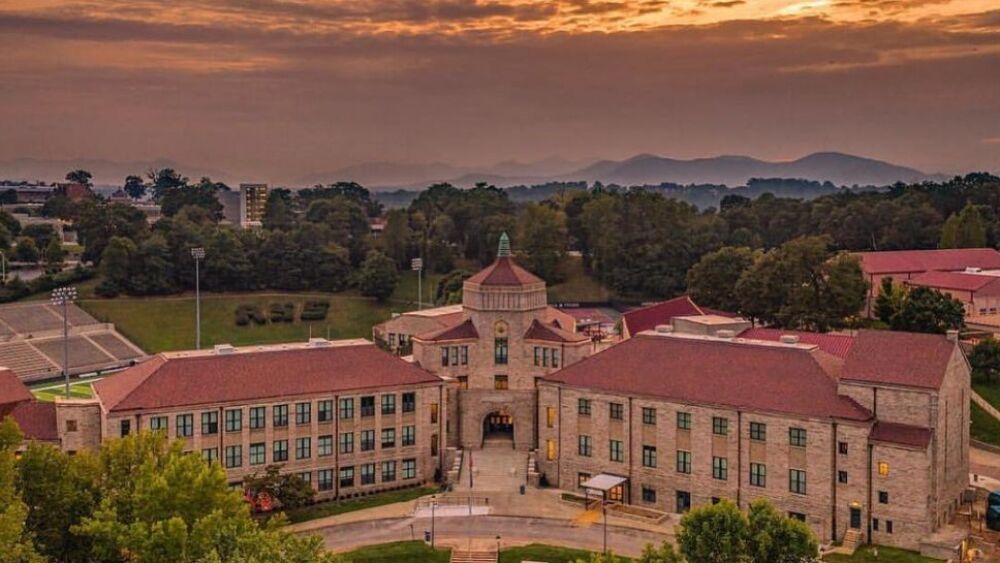Asheville Citizen-Times reported that Asheville City Schools has decided not to prohibit CBD – or cannabidiol, a non-psychoactive extract from plants in the cannabis family – use by students + staff in its official drug and alcohol policy. The decision contrasts with a policy enacted by several other WNC school districts – including Buncombe County, Henderson County, and Transylvania County – prohibiting its use.
The background
Last year, the NC School Board Association changed its policy on drug + alcohol use to include CBD in its list of prohibited substances, specifically because of issues distinguishing it from THC (tetrahydrocannabinol, the active ingredient in marijuana and what produces the “high”). Forty-seven out of 115 NC school districts – and 10 out of 14 in WNC – adopted the revision.
Asheville City Schools chose not to add the restriction because CBD is actually not an illegal substance. They also based the policy on the fact that so many people now use CBD as a medicinal supplement, and its prohibition would lead to problems in the future. Smoking and vaping of any product is still prohibited on campuses.
What is CBD?
CBD, or cannabidiol, is one compound (of over 500 compounds and 100 cannabinoids) derived from plants in the cannabis family. CBD (and CBD oil, what you’ll normally find in stores and in products) contains less than .05% THC, and therefore you can’t get “high” from it. For reference, the average THC level in legal marijuana in Colorado is 18.7%.
CBD is being used more and more commonly for medical reasons because it interacts with the endocannabinoid system in the body, which helps regulate functions including the immune system, pain regulation, and sleep. Some of the most common uses for CBD include epilepsy treatment, arthritis pain relief, cancer treatment relief, insomnia, and anxiety.
And while both hemp and marijuana are part of the cannabis family, they aren’t identical. The important difference? The THC content in each plant – marijuana’s THC content is much higher (often more than 20%) than hemp’s (which is less than .3%).
In both NC and SC, there is specific legislation in place allowing the sale of products with THC levels found in CBD (minimum to none). Within that vein, industrial hemp farming has been legalized in both states under a federal pilot program. (More on the NC + SC programs here.)
And, while the state legislature proposed a ban on smokable hemp, a spokesperson from locally-owned Franny’s Farmacy told us that there is no scheduled vote scheduled and the ban is currently off the table.

